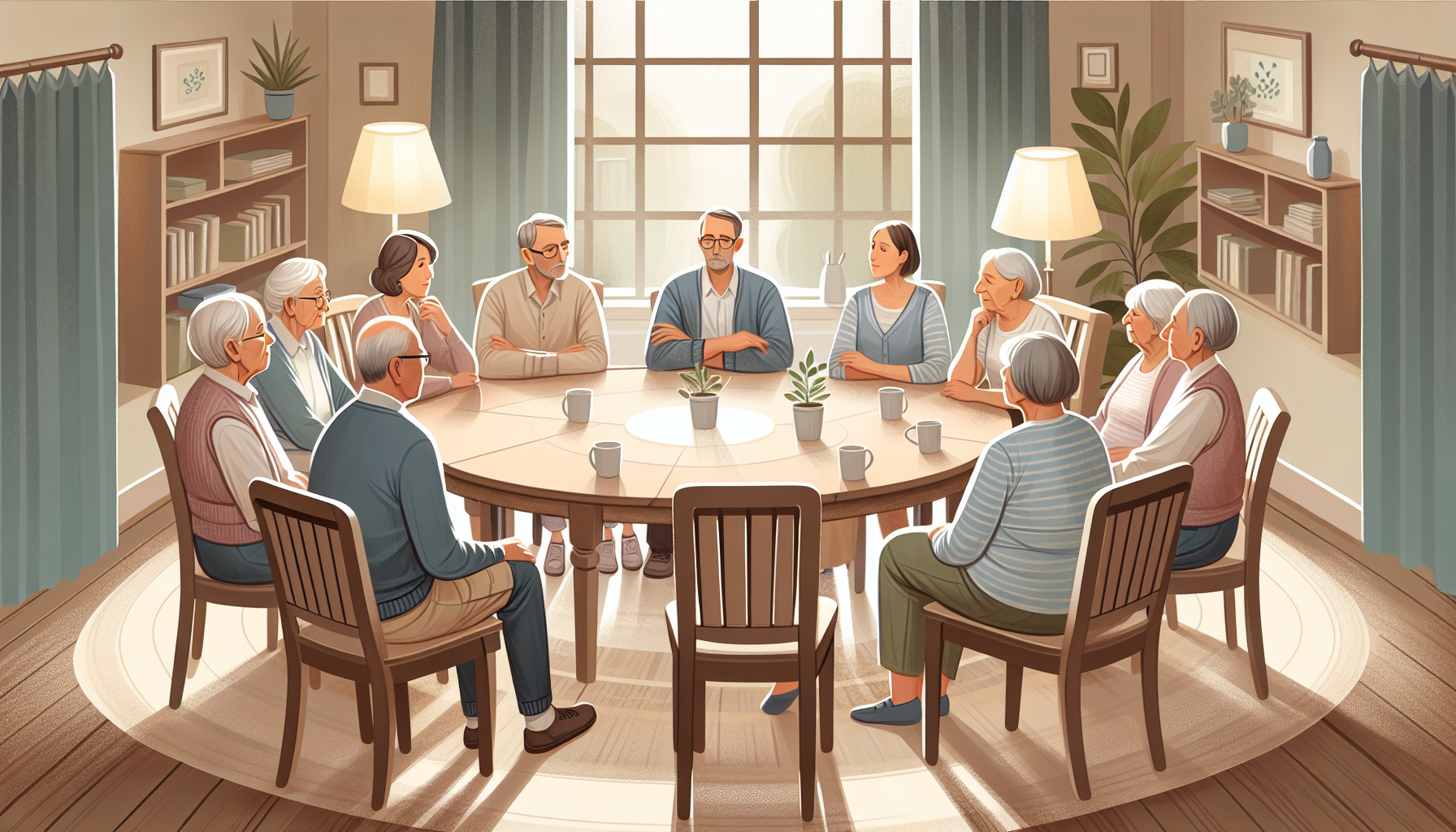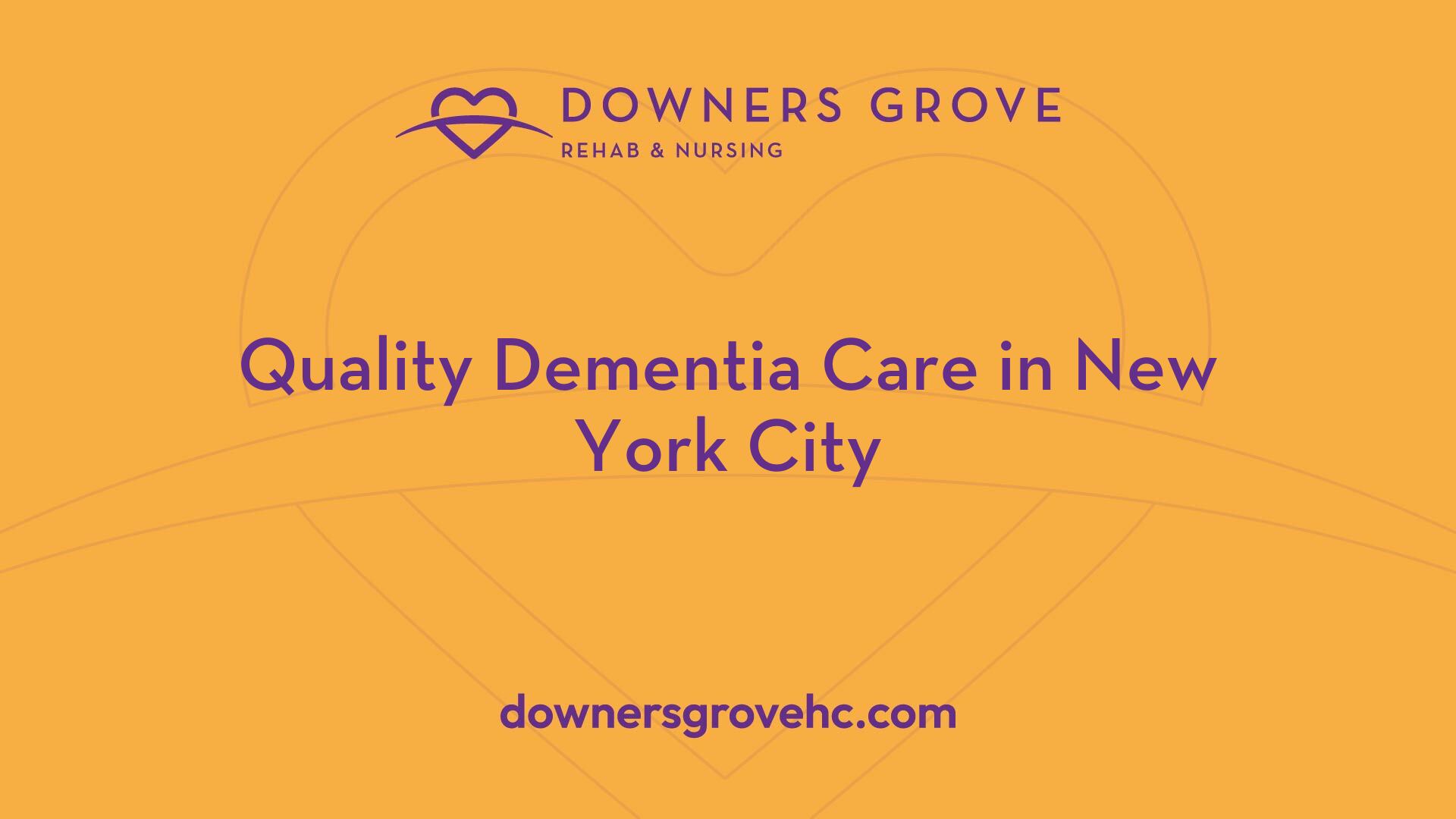Benefits of Sit-Down Games for Seniors
Engaging in sit-down games provides numerous benefits for seniors, promoting not only their physical health but also their mental stimulation and overall well-being. Participating in these games fosters advantages such as entertainment, enjoyment, and combating feelings of boredom and isolation (At Peace Health). The benefits can be categorized into mental stimulation and cognitive advantages, as well as social engagement and emotional well-being.
Mental Stimulation and Cognitive Benefits
Sit-down games are an excellent way for seniors to enhance their cognitive functions. These activities work on improving memory, concentration, and strategic thinking, making them ideal recreational options (Peachtree Memory Care). The mental workout provided by these games helps delay cognitive decline and keep the mind active.
| Cognitive Benefits | Description |
|---|---|
| Memory Enhancement | Regular gameplay can improve recall and retention. |
| Improved Concentration | Games require focus, enhancing attention skills. |
| Strategic Thinking | Many games necessitate planning and decision-making. |
Social Engagement and Emotional Well-being
In addition to cognitive benefits, sit-down games encourage social interaction among seniors, which is essential for emotional well-being. Playing games can help seniors build relationships and foster a sense of community. This social engagement is particularly important in reducing feelings of loneliness and isolation, which are common among older adults.
Group board games and even online platforms for classic games provide opportunities for connection. These interactions can lead to enhanced emotional health, as participants often share laughter, friendly competition, and moments of joy.
| Emotional Benefits | Description |
|---|---|
| Reduced Isolation | Group gaming can mitigate feelings of loneliness. |
| Increased Joy | Engaging games often lead to laughter and enjoyment. |
| Enhanced Relationships | Striking friendships through interactive play. |
Video games serve as another avenue for social interaction, whether played online or in person. They can also serve as a tool for reducing depression and enhancing vision, as seniors engage with challenging content and connect with others.
Incorporating sit-down games into the daily routine of seniors can make a substantial difference in their quality of life, combining cognitive, social, and emotional benefits seamlessly. To explore more about how specific games can contribute to this improvement, check our section on popular sit-down games for seniors.
Popular Sit-Down Games for Seniors
Sit-down games play a vital role in enhancing the quality of life for senior citizens. These games promote mental stimulation, social interaction, and entertainment, making them an invaluable addition to any senior care program. Below are some popular categories of sit-down games that can be enjoyed by older adults.
Classic Card Games
Classic card games remain a favorite among seniors, offering opportunities for social interaction and cognitive engagement. Popular games such as Bridge, Rummy, and Solitaire can be played with friends or solo, providing mental stimulation and joy.
| Game | Benefits | Players |
|---|---|---|
| Bridge | Social interaction, strategy | 4 |
| Rummy | Cognitive skills, entertainment | 2-6 |
| Solitaire | Solo play, logic, and focus | 1 |
Board Games
Board games are another great way to engage seniors, providing both mental challenges and social opportunities. Games such as Scrabble, Chess, and Checkers not only stimulate cognitive function but also encourage critical thinking and friendly competition (Peachtree Memory Care).
| Board Game | Benefits | Players |
|---|---|---|
| Scrabble | Vocabulary, memory | 2-4 |
| Chess | Strategy, concentration | 2 |
| Checkers | Critical thinking, fun | 2 |
Puzzles, Brain Teasers, and Trivia
Puzzles and brain teasers provide excellent cognitive workouts for seniors. Engaging in activities such as jigsaw puzzles stimulates the mind and boosts visual-spatial skills, memory, and logic. Additionally, these activities can help reduce blood pressure, heart rate, and stress, promoting relaxation (Lottie.org). Trivia games can also enhance memory retention while providing a fun group activity.
| Activity | Benefits | Format |
|---|---|---|
| Jigsaw Puzzles | Visualization, memory, and logic | Solo/Group |
| Brain Teasers | Cognitive engagement, problem-solving | Solo/Group |
| Trivia Games | Memory retention, social interaction | Group |
Incorporating these sit-down games into the daily routines of seniors enhances their overall well-being while combating boredom and isolation. Engaging in such activities fosters a sense of community and mental agility, ensuring a better quality of life. For more insights into beneficial activities for seniors, explore our pages on fitness for seniors near me and occupational for seniors.
Specific Sit-Down Games for Seniors
Engaging seniors in sit-down games offers numerous benefits, including mental stimulation, social interaction, and emotional well-being. Here are three specific sit-down games that can enhance the quality of life for older adults: Boggle, Bingo, and video games.
Boggle and Name that Tune
Boggle is a word game that provides excellent cognitive stimulation. It challenges players to create words from a grid of letters, enhancing their vocabulary and mental agility. Playing Boggle can keep seniors' brains stimulated and sharp, boosting their thinking and memory skills. This can help stave off dementia and Alzheimer's disease (Home Care Assistance Montgomery).
“Name that Tune” is another engaging game where players listen to short clips of music and guess the song title. This game can boost seniors' energy levels and possibly spark past memories, creating a fun and interactive experience.
| Game | Benefits |
|---|---|
| Boggle | Enhances vocabulary and mental agility |
| Name that Tune | Boosts energy and stimulates memories |
Bingo for Social Interaction
Bingo is a classic game that promotes social engagement among seniors. It provides structured social interaction, which is beneficial for overall health. Playing Bingo increases social interaction, combating feelings of isolation. This camaraderie is particularly valuable in senior living communities where residents can connect over a shared activity (Commonwise Home Care).
| Game | Benefits |
|---|---|
| Bingo | Encourages social interaction and combats isolation |
Video Games for Mental Health
Video games that can be played while sitting down offer significant mental health benefits for seniors. These games can reduce depression, enhance vision, and increase social interaction, whether online or in-person. Engaging with video games can provide a cognitive workout that helps maintain mental faculties, all while fostering social connections (Home Care Assistance Montgomery).
Different genres of video games, such as puzzle games and trivia, cater to various interests and skill levels, making them accessible for all seniors. They not only serve as entertainment but also as tools for improving cognitive skills and providing a sense of accomplishment.
| Game Type | Benefits |
|---|---|
| Video Games | Reduces depression, enhances vision, boosts social interaction |
Incorporating these sit-down games into the routine of senior citizens can significantly contribute to their mental, social, and emotional well-being, making them an excellent addition to any activity program.
Traditional Games for Senior Citizens
Engaging in traditional games is a wonderful way for seniors to promote social interaction and cognitive function. Card games and board games are particularly beneficial as they offer both mental challenges and an avenue for conversation.
Card Games: Pinochle, Cribbage, Rummy
Card games such as Pinochle, Cribbage, and Rummy cater to various preferences and skill levels among seniors. These games not only provide hours of entertainment but also encourage socialization and mental stimulation.
| Card Game | Number of Players | Complexity Level |
|---|---|---|
| Pinochle | 2 - 4 | Medium |
| Cribbage | 2 - 4 | Medium |
| Rummy | 2 - 6 | Easy |
According to FreedomCare, card games promote socialization while exercising strategic thinking and memory recall.
Board Games: Scrabble, Chess, And More
Board games are equally popular among seniors. Games like Scrabble, Chess, and others engage players in critical thinking and creativity. These games not only stimulate cognitive skills but also allow seniors to connect with each other in a fun atmosphere.
| Board Game | Number of Players | Complexity Level |
|---|---|---|
| Scrabble | 2 - 4 | Medium |
| Chess | 2 | High |
| Trivial Pursuit | 2 - 6 | High |
As highlighted by FreedomCare, enjoying board games can enhance memory recall and foster a sense of community and interaction among players.
Solitaire for Mental Challenges
Solitaire is a favored game for seniors seeking a solitary yet mentally stimulating challenge. It encourages strategic thinking and sharpens concentration skills while providing endless entertainment once the rules are understood.
| Solitaire Type | Complexity Level | Time to Play |
|---|---|---|
| Classic Solitaire | Easy | 15 - 30 minutes |
| Spider Solitaire | Medium | 30 - 60 minutes |
Playing games like solitaire regularly helps improve short-term memory and cognition, according to findings from Bethesda Health. The mental exercises from these games can be beneficial for seniors looking to maintain cognitive health.
Incorporating these traditional sit-down games into senior care routines can effectively promote mental engagement and social interaction.
Inclusive Games for Aging Adults
Inclusive games play a significant role in enhancing the engagement and cognitive stimulation of older adults. The following games are excellent choices for seniors, offering a blend of memory exercises, strategic thinking, and innovative technology.
Go Fish for Memory and Socialization
Go Fish is a classic card game that serves as an effective tool for memory development and social interaction among older adults. This simple yet engaging game encourages players to remember card placements while fostering communication and camaraderie with others. It allows seniors to engage in light-hearted competition and share stories, contributing to emotional well-being (FreedomCare).
| Benefits of Go Fish |
|---|
| Enhances memory skills |
| Promotes social interaction |
| Simple rules and easy to learn |
Dominoes for Strategic Thinking
Dominoes offers a combination of numerical strategy, visual reasoning, and fine motor skill enhancement. This game encourages players to think critically and develop their decision-making abilities while having fun. The gameplay involves arranging tiles based on matching numbers, allowing for social interaction and friendly rivalry. It can be particularly beneficial for seniors aiming to improve their cognitive skills and coordination (FreedomCare).
| Benefits of Dominoes |
|---|
| Enhances strategic thinking |
| Develops fine motor skills |
| Encourages social participation |
Virtual Reality Systems for Autonomy
Virtual Reality Systems (VRS) represent a modern and innovative approach to supporting the autonomy of older adults. These systems can include various games and experiences tailored to improve cognitive function and overall well-being. VRS offers engaging environments that simulate real-world activities, promoting independence while providing mental challenges in an entertaining format.
| Benefits of Virtual Reality Systems |
|---|
| Enhances functional autonomy |
| Provides immersive experiences |
| Offers cognitive stimulation |
Incorporating inclusive games into the daily routines of seniors can greatly improve their quality of life, offering both mental benefits and opportunities for social interaction. Seniors can benefit from engaging in these activities as they combine enjoyment with cognitive and social stimulation.
Enhancing Cognitive Skills Through Games
Playing sit-down games is an effective way for seniors to enhance their cognitive skills. Engaging in various types of games not only provides entertainment but also contributes significantly to their mental agility.
Improving Memory and Cognitive Function
Games that require strategic thinking, such as chess and checkers, help in boosting short-term memory and cognitive abilities. An investigation by Bethesda Health indicates that regularly participating in board games and puzzles can enhance mental sharpness in older adults.
| Game Type | Cognitive Benefit |
|---|---|
| Chess | Improves strategic thinking and memory retention |
| Checkers | Enhances planning skills and concentration |
| Puzzles | Boosts problem-solving abilities and memory |
Preventing Cognitive Decline
Regular gaming might be a key factor in thwarting cognitive decline. According to research published in The Journals of Gerontology, seniors who engage in games frequently are significantly less susceptible to cognitive deterioration compared to those who do not. Games provide mental stimulation that helps in maintaining and even improving cognitive functions.
| Age Group | Cognitive Decline Risk Reduction (%) |
|---|---|
| 70-79 years | 25 |
| 80+ years | 40 |
Impact of Consistent Gaming
Consistent participation in gaming activities has shown positive effects on cognitive skills among the elderly. Those in their seventies can experience enhanced cognitive skills, while seniors aged eighty and above can prevent cognitive decline through regular gameplay. This makes games a suitable and enjoyable activity for individuals across various age ranges.
Engaging in sit-down games fosters not only cognitive development but also offers social opportunities, combating depression and feelings of isolation, which are common among seniors. These interactions contribute to better mental and physical health, potentially leading to a longer life expectancy. For additional insights on benefits of physical activities, check out our resource on fitness for seniors near me.
































































































